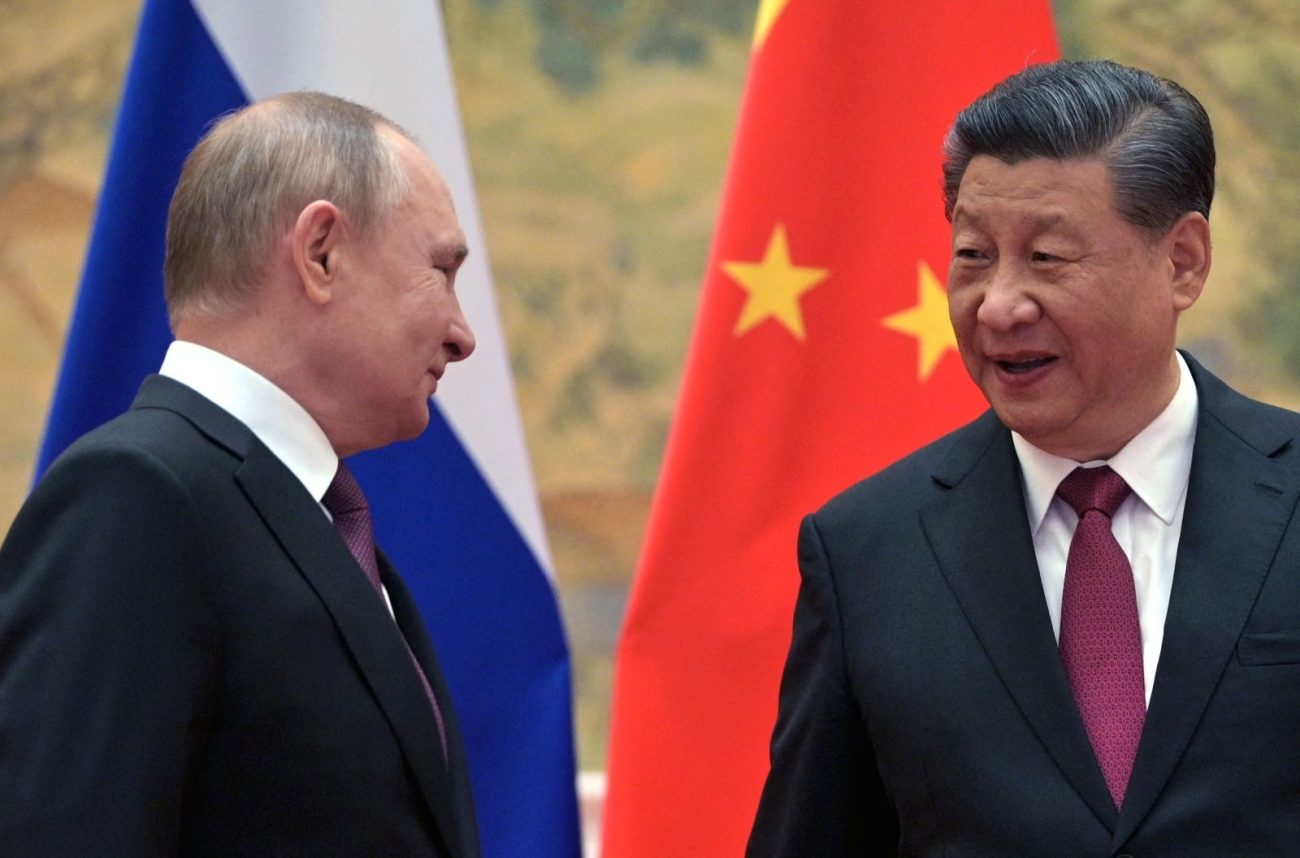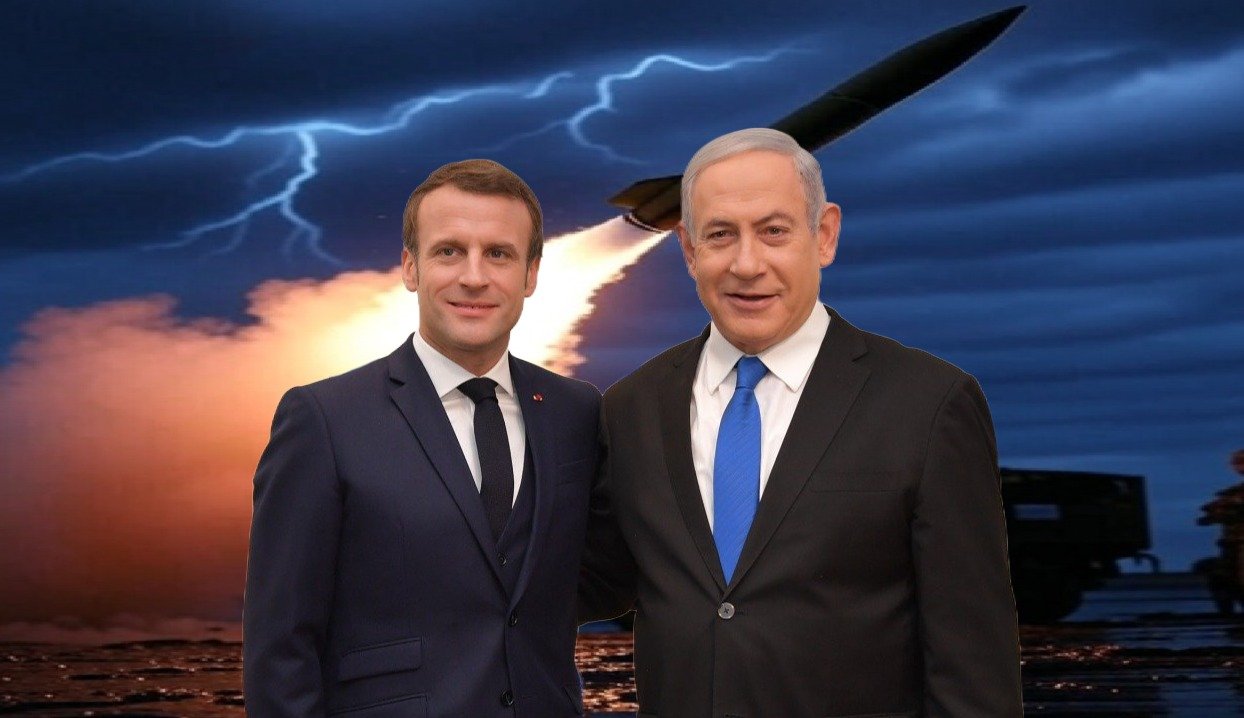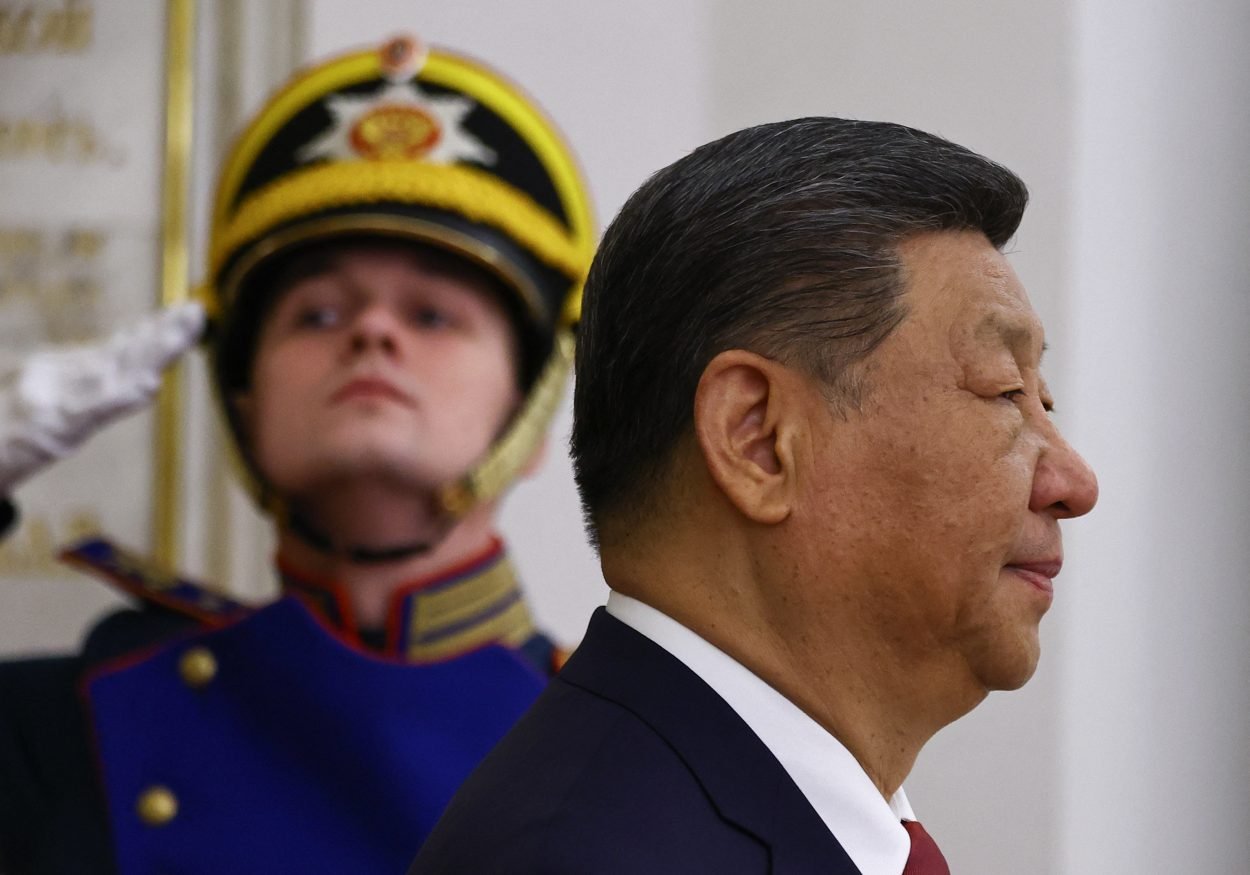OPED BY Dr. Imran Khurshid
Amid a shifting global landscape, Russia and China’s “no-limits partnership” reveals itself as increasingly transactional and opportunistic, strained by espionage, territorial tensions, and underlying rivalries.
Despite the public projection of a deepening geostrategic alignment and a ‘no-limits partnership’ between Russia and China, a recently leaked internal memo from Russia’s Federal Security Service (FSB) reveals a vastly different reality—one of growing distrust, covert hostilities, and geopolitical anxieties.
The document, an eight-page classified report reportedly verified by six Western intelligence agencies and obtained by The New York Times, explicitly designates China as an “enemy” rather than a trusted partner.
It details how Chinese intelligence has escalated efforts to spy on Russia’s military activities, steal sensitive technological data, and monitor Arctic infrastructure.
This comes even as Moscow remains heavily dependent on Beijing for oil exports, critical technologies, and economic lifelines amid Western sanctions.
FSB Allegations
The leaked document mentions that Chinese agents are “attempting to recruit Russian scientists, officials and business people” for espionage purposes, especially those experiencing financial hardship or professional dissatisfaction.
It also alleges that Beijing uses platforms such as WeChat for surveillance and deploys Chinese nationals under academic or commercial cover to expand its covert footprint within Russia.
Notably, the memo states that the FSB has ordered “the constant accumulation of information about users” on Chinese platforms, warning that these tools are being used to “infiltrate Russian information ecosystems.”
The focus of these operations is believed to include sensitive data on Russia’s military conduct in Ukraine, infrastructure developments in the Arctic, and advanced scientific research.
Of particular concern is China’s growing interest in the Russian Far East. The FSB memo highlights that “Chinese scholars have begun actively searching for traces of ancient Chinese peoples in Russia’s Far East, including areas such as Vladivostok, under the guise of academic research.”
It warns that this is not merely an academic exercise but a subtle attempt to lay the groundwork for long-term territorial claims. Perhaps most strikingly, the report underscores fears that China is laying ideological foundations to reclaim Russian territories, specifically referencing Beijing’s 2023 directive for maps to include Chinese names for Vladivostok and other areas acquired by Russia through the 1860 Treaty of Peking.
The FSB alleges that the Chinese Ministry of Natural Resources is reportedly promoting historical claims through revived narratives of ancient Chinese presence in the region.
These symbolic cartographic assertions are interpreted by the FSB as “soft-power assertions of sovereignty,” with long-term implications for territorial integrity.
The document further highlights Chinese expansion in Central Asia—a region Moscow has long considered its “traditional sphere of influence.” The FSB warns that China’s deepening economic and diplomatic ties with Central Asian republics, driven largely by the Belt and Road Initiative, represent a direct encroachment on Russian interests.
This growing influence, coupled with China’s investments in energy infrastructure and digital connectivity, has heightened fears in Moscow that Beijing is steadily eroding Russia’s strategic depth in its own neighbourhood. In the FSB’s assessment, this shift poses a profound long-term threat to Russian influence across the post-Soviet space.
Mistrust Behind The Curtain
Interestingly, while Russia is wary of China’s growing assertiveness, the FSB reveals that Moscow is also trying to manipulate Chinese intelligence. Russian counterintelligence has reportedly been instructed to deliberately supply Chinese agents with positive or misleading information about its military operations in Ukraine to shape Beijing’s perceptions.
Despite this undercurrent of mistrust, Russian officials are advised to tread carefully. Any significant counter-espionage action against Chinese operatives now requires high-level approval due to concerns over jeopardizing bilateral relations.
As Carnegie analyst Alexander Gabuev aptly puts it, “Putin believes that he can go much deeper into this Chinese embrace, and it’s not risk-free, but it is worth it.”
Moreover, when questioned about the leaked FSB document, both Russian and Chinese authorities have refrained from directly addressing its contents.
Instead of issuing a denial or clarification, they chose to emphasize the broader strength and continuity of their bilateral relationship. This carefully crafted diplomatic response—avoiding explicit acknowledgment while reaffirming their “strategic partnership”—can be interpreted as a tacit admission of underlying tensions.
Their silence on the specifics of the memo speaks volumes, suggesting a desire to preserve the public image of unity despite internal mistrust.

Strategic Hedging & Historical Flexibility
This revelation contradicts the widely held perception that China and Russia share an unbreakable strategic partnership. In reality, their alignment is far from ironclad—it is a fragile, interest-based arrangement forged under the weight of mounting strategic compulsions, particularly those imposed by the West.
This relationship is rooted in geopolitical expediency: Russia, heavily sanctioned and increasingly isolated from Western markets, is reliant on China for economic lifelines, oil exports, and technological imports.
Conversely, China benefits from access to Russian defense technology, discounted energy, and a counterweight to U.S.-led global structures.
Historically, China has consistently displayed a pattern of pragmatism and tactical flexibility in its foreign alignments, subordinating ideology to national interests. During the early Cold War, Beijing aligned with the Soviet Union against the United States and even entered into direct military conflict with the U.S. in the Korean War (1950–53)—a war in which Chinese Premier Mao Zedong even lost his own son.
Yet by the late 1960s, geopolitical differences and border disputes with Moscow erupted into open hostilities. In a remarkable pivot, China recalibrated its external orientation by the early 1970s, culminating in President Nixon’s ground-breaking visit to Beijing in 1972. This strategic realignment was aimed squarely at balancing Soviet power.
Such episodes underscore the essence of Chinese foreign policy: deeply realist, adaptable, and transactional. It is precisely this history of fluid allegiances that fuels unease within Russia’s strategic establishment.
Moscow harbours no illusions—China’s loyalty is contingent, not permanent. Should the West extend Beijing a more advantageous strategic proposition, Russian policymakers are fully aware that China could shift its orientation with little hesitation, potentially leaving Russia isolated and strategically vulnerable. The much-publicized ‘no-limits’ partnership, therefore, is viewed through a lens of caution rather than conviction.
To reduce its strategic dependence on China, Russia has been actively strengthening relations with other powers, most notably India.
This is evident in its expanding defense and energy ties with New Delhi, as well as their joint engagement in multilateral forums like the Shanghai Cooperation Organisation (SCO).
Beyond India, Russia is also re-evaluating China’s role in the Arctic. Beijing has declared itself a “near-Arctic state,” a term with no legal basis under international law, and has made significant investments in polar energy projects, shipping infrastructure, and the Northern Sea Route. While ostensibly cooperative, these moves are viewed in Moscow as encroachments on a core Russian strategic frontier.
As the ancient Indian strategist Chanakya observed, “A neighbour can never be a friend in geopolitics.” This timeless axiom encapsulates the true dynamics of the Sino-Russian relationship. Although China and Russia present a united front against Western influence, their bilateral dealings are marked by rivalry, mistrust, and calculated maneuvering. Their partnership may be strategic, but it is far from sincere.
Conclusion
The Sino-Russian “no-limits” partnership is less a genuine alliance and more a fragile arrangement driven by shared opposition to the West and strategic necessity.
Beneath public unity lies deep mistrust, espionage, and territorial anxiety. Russia’s reliance on China amid Western sanctions and China’s assertiveness in Moscow’s traditional spheres expose the limits of their cooperation.
The historical record of China’s foreign policy—pragmatic, fluid, and self-serving—only reinforces Moscow’s apprehensions about Beijing’s long-term intentions. Ultimately, this is a marriage of convenience, not conviction—one that could unravel as quickly as it formed if interests begin to diverge. In geopolitics, as history has shown time and again, there are no permanent friends—only permanent interests.
- Dr. Imran Khurshid
- Associate Research Fellow, International Centre for Peace Studies (ICPS), New Delhi.
- OPED. VIEWS PERSONAL OF THE AUTHOR






